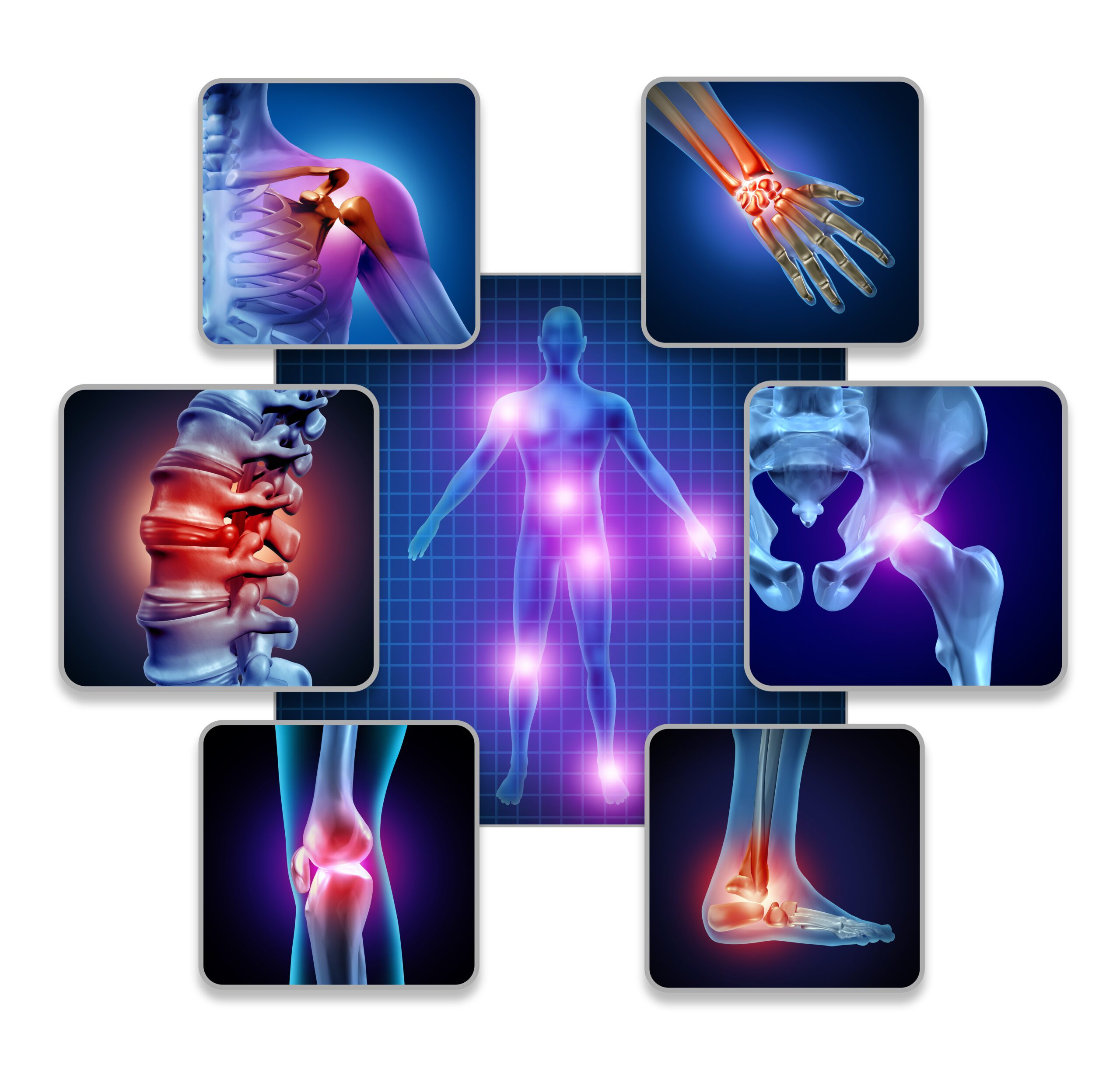What is the difference between TENS and EMS therapy for pain relief?
March 22, 2023
 702
702 
While TENS (Transcutaneous Electrical Nerve Stimulation) and EMS (Electrical Muscle Stimulation) therapy may appear similar, there are significant differences in how they work and the type of pain they are designed to treat.
2. A second key difference between TENS and EMS therapy is the frequency of the electrical impulses used. TENS therapy uses low-frequency electrical impulses, typically between 1-100 Hz, to stimulate the nerves and reduce pain. EMS therapy uses higher frequency electrical impulses, typically between 1-10,000 Hz, to stimulate the muscles and promote muscle contraction.
3. Thirdly, there a difference in where the electrodes are placed. TENS therapy electrodes are typically placed near or over the painful area, while EMS therapy electrodes are placed on or near the muscles being targeted for stimulation.
Overall, while both TENS and EMS therapy use electrical impulses to promote healing and pain relief, they are designed for different purposes. TENS therapy is primarily used for pain relief, while EMS therapy is primarily used for muscle stimulation and strengthening. If you are experiencing pain or muscle weakness, it is important to consult with a healthcare professional to determine which therapy is best suited for your needs.

A new study suggests that a widely used sugar substitute found in diet sodas, chewing gum, and low-sugar yogurt may elevate insulin levels. This could increase the long-term risk of heart disease. “Artificial sweeteners have infiltrated nearly all types of food, making it crucial to understand their long-term health effects,” said Yihai Cao, senior author […]

Diet Coke has long been a fan-favorite among soda lovers who want a fizzy, guilt-free alternative to traditional soft drinks. While its zero-calorie, zero-sugar label makes it seem like a healthier option, the reality is far more concerning. Despite its undeniable popularity, Diet Coke’s nutritional profile has raised red flags among health experts for years. […]

New study shows that embracing an anti-inflammatory, plant-forward diet can support cognitive function and help reduce the risk of dementia. What You Eat Shapes Your Brain The food you eat doesn’t just impact your body—it also affects your brain. Research suggests that eating an anti-inflammatory, plant-based diet can help improve memory, focus, and overall brain […]